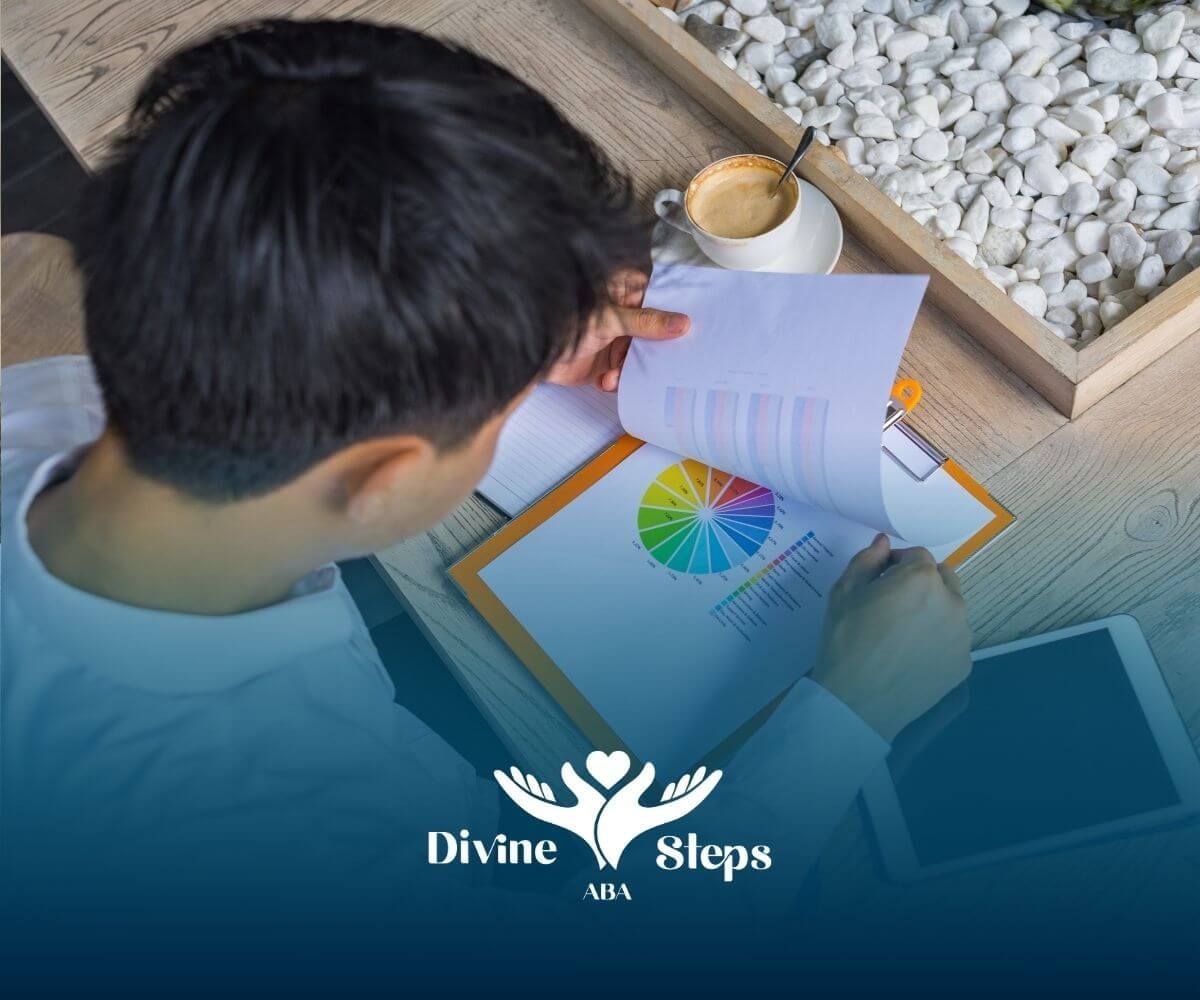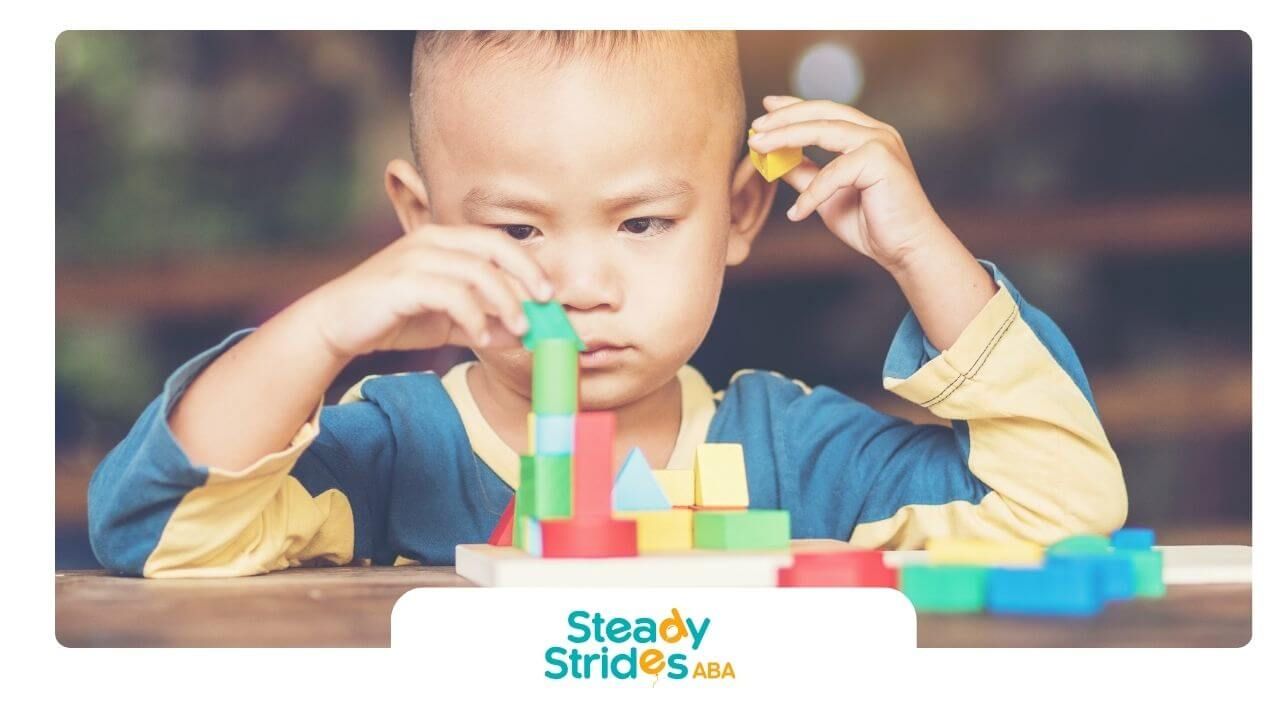Good gifts for nonspeaking autistic adults usually fall into three buckets: communication support, sensory comfort, and personal interests. If you’re unsure what they like, choose something that reduces daily friction (like noise control or a practical AAC accessory) rather than a surprise sensory item.
Understanding Nonverbal Autism
Nonverbal autism is a spectrum disorder, which means its characteristics vary greatly from person to person. Individuals with nonverbal autism communicate and interact with the world differently from neurotypical individuals.
While the term "nonverbal" might suggest an inability to speak, it more accurately refers to individuals who have limited or no verbal communication.
Some autistic people may be completely nonverbal, while others may have limited speech or use alternative communication methods like sign language, picture exchange systems, or augmentative and alternative communication (AAC) devices.
It's crucial to remember that being nonverbal does not equate to a lack of cognitive abilities or understanding.
Characteristics of Nonverbal Autism in Adults
Autistic individuals, particularly those who are nonverbal, may exhibit a range of characteristics and sensory preferences. These can include sensory sensitivities, where certain sounds, textures, lights, or smells can be overwhelming or even painful, leading to sensory overload.
Understanding these sensitivities is crucial when choosing a gift. For example, a gift with flashing lights, loud noises, or strong scents might not be suitable. Instead, opt for items that align with their known preferences or provide calming sensory experiences. A carefully selected present can significantly enhance the well-being and enjoyment of autistic adults in your life.
🎁 Gift Finder Quiz
Answer 3 questions to find perfect gift ideas for nonverbal autistic adults
1. Noise Sensitivity Level
2. Tactile Preferences
3. Uses AAC (Augmentative & Alternative Communication)
🎯 Personalized Gift Recommendations
Based on your answers, here are the best gift categories:
🎧 Sensory-Friendly & Calming Gifts
Perfect for someone with high noise sensitivity who seeks tactile input.
View Sensory Gift Ideas →📱 AAC & Communication Support Gifts
Great for someone who uses AAC or could benefit from communication tools.
View Communication Gift Ideas →🧘♂️ Comfort & Relaxation Gifts
Ideal for someone who avoids touch and needs personal space comfort.
View Comfort Gift Ideas →🎨 Creative & Activity-Based Gifts
Perfect for someone with low noise sensitivity who enjoys hands-on activities.
View Activity Gift Ideas →🛠 Adaptive & Practical Gifts
Great for someone with varying preferences who could use helpful tools.
View Adaptive Gift Ideas →Not sure about something? Many gifts work for multiple preferences! View all gift ideas →
The Importance of Choosing the Right Gift
When choosing a gift for nonverbal autistic adults, it's vital to consider their sensory input preferences and any special interests they may have. A thoughtful gift goes beyond simply finding something they might like; it demonstrates an understanding of their unique needs and preferences.
Consider their sensory sensitivities; if they're sensitive to loud noises, for instance, noise-canceling headphones would be a more appropriate choice than a musical toy.
Aligning the gift with their special interests is another fantastic approach.
If they're fascinated by trains, for instance, a model train set or books about trains would likely be met with enthusiasm. Remember, a thoughtful gift is about showing you care and appreciate them for who they are.
Sensory-Friendly Gift Ideas
Sensory-friendly gifts are an excellent choice for nonverbal autistic adults, as they can provide calming sensory input and help regulate emotions. These gifts often cater to specific sensory systems, such as touch, sight, or hearing, and can be tailored to an individual's preferences.
Whether it's a tactile toy that provides a satisfying texture, a weighted blanket that offers comforting pressure, or a calming visual display, sensory-friendly gifts can bring joy and relaxation.
1. Tactile Sensory Toys for Stress Relief
Sensory toys, specifically designed to provide tactile stimulation, can be incredibly helpful for stress relief in autistic adults. These toys offer a safe and appropriate way to self-soothe and manage anxiety. Fidget toys, a subset of sensory toys, are excellent for keeping hands busy and can help improve focus.
Here are some popular options:
- Stress Balls: These come in various textures and sizes, providing a satisfying squeezing sensation that can release tension.
- Fidget Cubes: These compact cubes feature buttons, switches, and dials that offer endless tactile exploration.
- Textured Sensory Balls: With different nubs, spikes, or patterns, these balls provide diverse sensory experiences.
2. Comforting Weighted Blankets
Weighted blankets have gained popularity as a tool for relaxation and sleep improvement, particularly for autistic people. These blankets are filled with glass beads or plastic pellets, providing a gentle, distributed weight across the body.
This deep pressure sensation mimics the feeling of being hugged or swaddled, which can be incredibly calming and grounding, especially for those with sensory needs.
The weight of the blanket can help reduce anxiety, promote relaxation, and improve sleep quality. When choosing a weighted blanket, it's essential to consider the individual's weight and sensory preferences, as blankets come in various sizes and weights.
3. Gifts That Promote Relaxation and Calm
Creating a calming and relaxing environment is crucial for many nonverbal autistic adults, as it can help reduce sensory overload and promote a sense of well-being. Gifts that facilitate this tranquil atmosphere can be incredibly beneficial.
Options like aromatherapy diffusers, soft lighting, and soothing sound machines can transform a space into a haven of peace and tranquility.
4. Aromatherapy Diffusers and Essential Oils
Aromatherapy, the use of scents to enhance well-being, can be a powerful tool for relaxation and sensory regulation, especially for autistic adults. Aromatherapy diffusers disperse essential oils into the air, creating a calming and pleasant aroma in a room.
When selecting essential oils, opt for scents known for their relaxing properties:
- Lavender: Famous for its calming and sleep-promoting effects.
- Chamomile: Known for its soothing properties, often used to reduce anxiety.
- Bergamot: Can uplift mood and ease stress.
5. Soothing Sound Machines
For autistic individuals who are sensitive to sound, managing auditory input is crucial for creating a peaceful environment. Soothing sound machines can be immensely helpful in these situations as they provide calming background noise that can mask distracting sounds.
These machines often feature a variety of sounds, from nature noises like rain or ocean waves to white noise or ambient melodies. The gentle, consistent sound can help reduce sensory overload, promote relaxation, and improve sleep quality.
Many sound machines also come with features like timers and adjustable volume controls, allowing for customization based individual preferences.
6. Engaging and Educational Gifts
Engaging and educational gifts can be incredibly stimulating for nonverbal autistic adults, encouraging learning and development while catering to their interests. These gifts might include visual learning tools, interactive games, or books on topics that fascinate them.
Choosing presents that align with their passions can lead to hours of enjoyment and foster a love of learning. The key is to select items that spark curiosity and hold their attention.
7. Visual Learning Tools and Books
Many autistic individuals, particularly those on the autism spectrum, are visual learners, thriving on information presented visually. Educational gifts that incorporate visual elements can be incredibly beneficial for their development and engagement.
Here are some ideas for visual learning tools and books:
- Picture Dictionaries and Encyclopedias: These resources use images alongside text, making learning more accessible and enjoyable.
- Visual Timers: These timers visually display the passage of time, aiding in time management and transitions.
- Books on Special Interests: Foster their passions with visually engaging books on their favorite topics.
8. Interactive Puzzle Games
Interactive puzzle games can be both entertaining and educational, making them excellent gifts for nonverbal autistic adults. These games provide a stimulating challenge that can enhance cognitive skills, such as problem-solving, spatial reasoning, and time management.
Puzzles come in various formats, from traditional jigsaw puzzles to more complex logic puzzles and brain teasers. Consider the individual's interests and skill level when choosing a suitable game.
Additionally, many interactive games emphasize visual and tactile elements, making them more engaging and accessible. These games can provide hours of enjoyment while promoting cognitive development.
Gifts to avoid (unless you’re 100% sure)
- Strong scents (candles, essential oils), if you don’t know their sensory profile
- Loud, flashing, or highly stimulating items
- Clothes with scratchy seams or tags
- Surprise “sensory kits” that mix many textures at once
Conclusion
Choosing the right gift for nonverbal autistic adults is a thoughtful way to show your care and understanding. Sensory-friendly items like tactile toys and weighted blankets provide comfort and relief.
Gifts promoting relaxation, such as aromatherapy diffusers, can create a calming environment. Engaging educational tools like visual learning aids and interactive puzzles offer stimulation and enjoyment. Remember, the best gifts cater to their sensory needs and interests, fostering a sense of comfort and engagement.
If you're looking for more ideas or guidance, feel free to explore our sensory-friendly gift collection or consult with our experts for personalized recommendations.
Steady Strides ABA is your leading choice for exceptional Applied Behavior Analysis (ABA) therapy in Texas. We specialize in providing personalized support and innovative strategies in our clinic in Houston and for at-home therapy to help nonverbal autistic adults develop essential communication skills and improve their quality of life.
With our expert team and proven track record, we empower individuals to reach their full potential. Discover how Steady Strides ABA can make a positive impact on your loved one's journey.
Frequently Asked Questions
What are the best types of gifts for someone who is nonverbal?
The best gifts for nonverbal autistic individuals are those catering to their sensory needs and interests. Thoughtful gift options consider calming sensory experiences or align with their special interests.
How can I ensure the gift is appropriate for their sensory needs?
Consider any sensory sensitivities or preferences they may have. If unsure, opting for items like sensory toys, a weighted blanket, or noise-canceling headphones is a good starting point for a perfect gift.
Are there any gifts that should be avoided for nonverbal autistic adults?
It's best to avoid gifts with excessive sensory input that could trigger sensory overload. These might include items with flashing lights, strong scents, or loud noises, unless you know those are specific interests.






